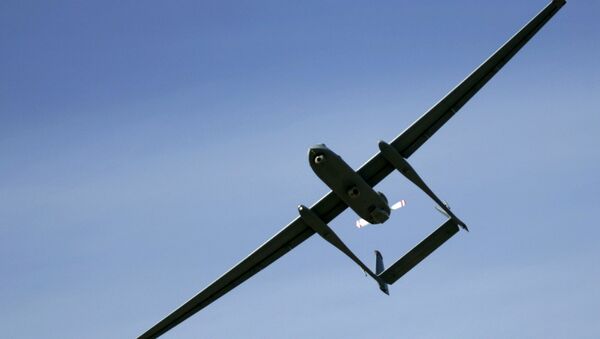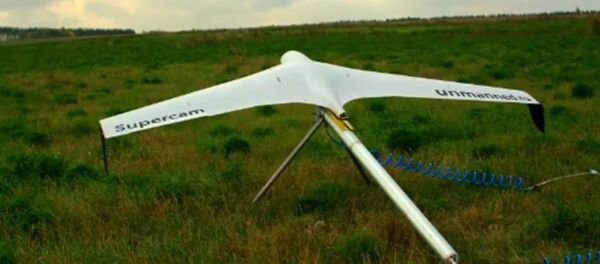According to the source, only plastic details for aerial vehicles were printed during the tests. However, in prospect it will be possible to make almost every detail including power units, engine parts and even engines as a whole.
The initial goal of the Israeli Air Force was the quick production and replacement of such components as body parts and air pipes, the officer explained.
According to him, the advantages of 3D printers are obvious and soon will be used by the Israeli military to reduce production and repair costs. It is expected that each and every broken detail of a drone would be made in several hours and replaced.
In addition, the Israeli Air Force purchased from the US a special robot capable of assembling and disassembling warplanes for checkout procedures.Earlier this job required an entire team of workers. The robot would replace them and can do all the operations much quicker than human beings.
The first ever 3D printed drone was produced back in 2011 by a team of scientists from Southampton University. Its first flight lasted for five minutes. The production cost was nearly £5,000 ($7,700 at the current exchange rate).
Earlier this year engineers from Russia’s Luch design bureau showcased an unmanned aerial vehicle entirely built using 3D printing and digital technologies. The construction of the drone took only two months.



